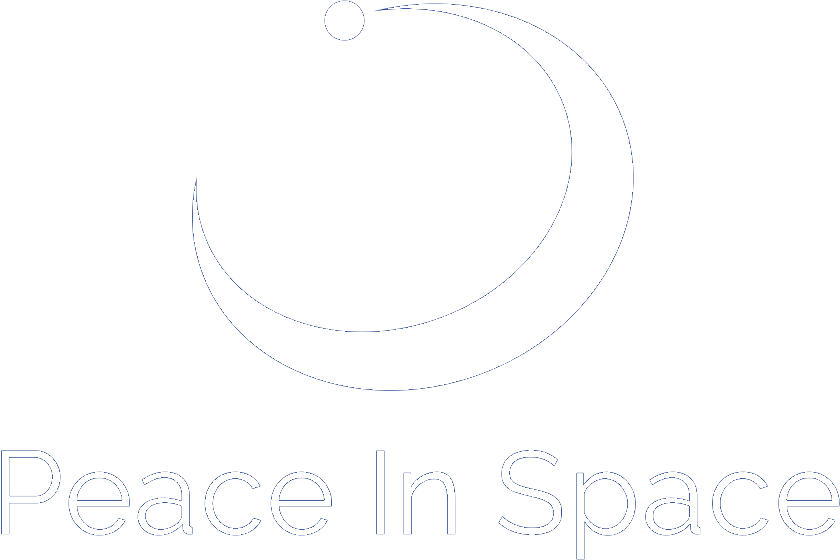To influence US to sign ‘no placement of weapons in space treaty,’ Russia signs space treaties including with non-space powers
Sierra Leone is yet another country with which Russia signed a joint declaration on non-placement of the first weapons in space (NPOK). The Russian Permanent Mission to the UN clarified that the signatures on behalf of their countries were put by the Permanent Representative of the Russian Federation to the UN Vasily Nebenzya and the head of the Sierra Leone mission Alie Kabba.

“The document was another step in the globalization of the international initiative on NPOK, confirming the determination of states to unite efforts to prevent an arms race in outer space (PGVK),” the Russian Foreign Ministry said about signing a statement with Turkmenistan.
To date, in addition to these countries, Russia has signed similar joint statements with Argentina, Armenia, Belarus, Bolivia, Brazil, Burundi, Venezuela, Vietnam, Guatemala, Indonesia, Kazakhstan, Cambodia, Cuba, Kyrgyzstan, Nicaragua, Pakistan, Suriname, Tajikistan , Uzbekistan, Uruguay, Sri Lanka and Ecuador. NPOK support is also recorded in the Joint Statement of the Russian and Chinese leaders on strengthening global strategic stability in the modern era, the Joint Statement of the CIS member states on support for practical steps to prevent an arms race in outer space, as well as the final documents of the CSTO and CIS summits. SCO, BRICS and RIC.
As the Deputy Secretary of the Public Chamber of the Russian Federation, former Deputy Secretary General of the United Nations Sergei Ordzhonikidze explained to Gazeta.Ru, the more states participate in such agreements, the greater the political impact on the United States.
“Of course, you need to recruit supporters and allies. Each state, regardless of its size and influence in the world, has its own view of what should happen: war or peace. The more states express their opinion not to place weapons in space, the better, ” said the former UN deputy secretary general.
In turn, Dmitry Suslov, Deputy Director of the Faculty of World Economy and World Politics at the Higher School of Economics, told Gazeta.Ru that the need to sign such statements is associated with the real danger of an arms race and the transfer of rivalry in general to space. As the expert pointed out, as space becomes more accessible, it automatically becomes an arena of confrontation. According to him, there is a danger of deploying military bases and weapons there, which can be aimed at the ground.
“Space-based weapons oriented to the ground pose a colossal threat, because they can disable a significant part of Russia’s nuclear potential during a first strike,” the specialist explained.
As Dmitry Suslov noted, Russia is most concerned about such a course on the part of the United States, therefore, it seeks to limit the deployment of weapons in space.
In the matter of solidarity with such an aspiration of Moscow, according to the expert, the principle “who joins is good” is in effect. “The fact that the list of states is not very large suggests that many are not yet ready to oppose the US position and are guided by the opinion of Washington in such situations,” he said.
NPOK history
In accordance with the Outer Space Treaty signed in 1967, countries cannot deploy any types of weapons of mass destruction (WMD) in outer space. At the same time, other types of weapons are not specified in the Treaty. As noted in the Russian Foreign Ministry, this means that weapons that do not belong to the category of weapons of mass destruction, in theory, can appear in space and become weapons of real use with a global coverage area. In addition, there will be a possibility of its sudden and covert use.
“This would undermine strategic stability, create a real threat to international peace and security and, as a result, destabilize the international situation,” the Russian Foreign Ministry notes.
Preventing the deployment of weapons in outer space is a task enshrined in the UN General Assembly resolution on preventing an arms race in outer space.
In 2008, Russia and China submitted for consideration by the Conference on Disarmament in Geneva a draft treaty on the prevention of the placement of weapons in outer space, the use of force or the threat of force against space objects (DPROK). Many states support the idea of concluding a multilateral legally binding agreement to ban the placement of weapons into space, the Russian Foreign Ministry notes.
Russia’s political commitment not to place the first weapons in space, which it took back in October 2004, was the first step towards the DPROK. In 2005, a similar commitment was made by all states of the Collective Security Treaty Organization (CSTO).
NPOK statements are accepted at bilateral meetings and events of various formats, including within the framework of the Conference on Disarmament, the First Committee of the UN General Assembly, the UN Commission on Disarmament, BRICS, SCO.
SOURCE: https://tass.com/science/1260539






